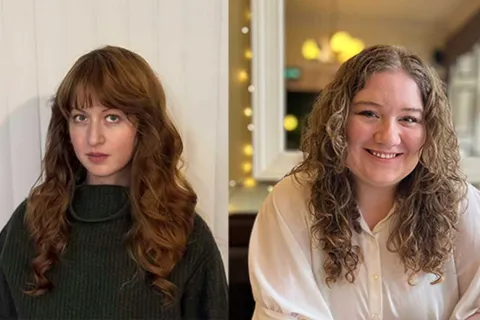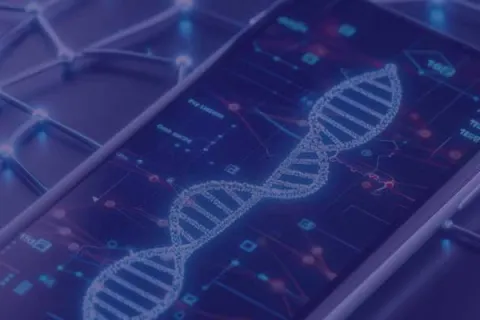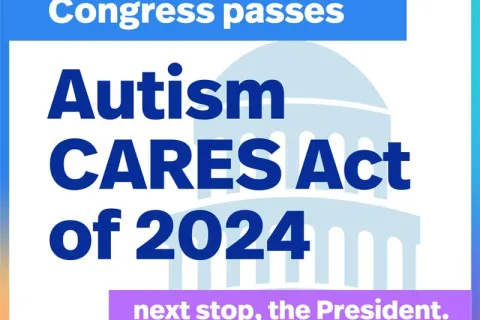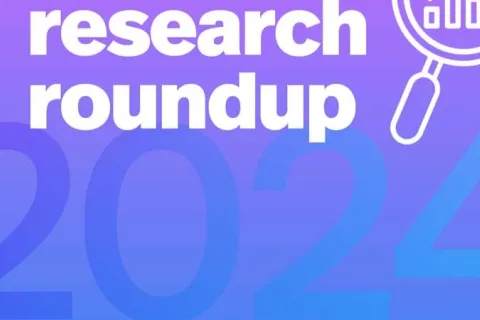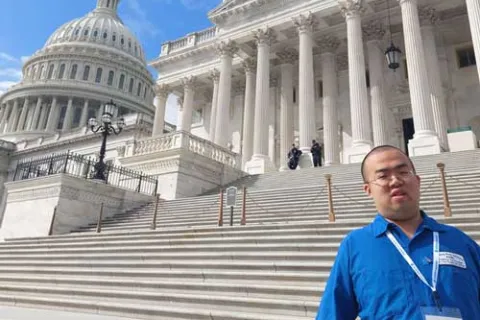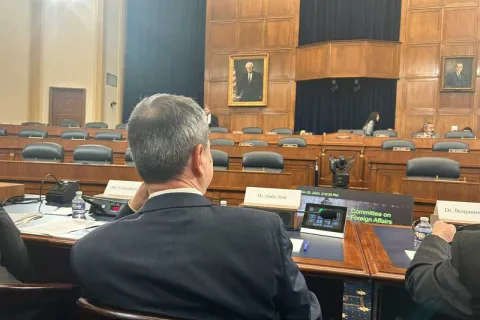Autism Speaks awards more than $821,000 for autism research
August 16, 2021August 12, 2021
NEW YORK - Autism Speaks, the global nonprofit dedicated to promoting solutions, across the spectrum and throughout the life span, for the needs of people with autism and their families, today announced $821,800 in grant funding to eight researchers studying autism. As a major funder of autism research, Autism Speaks is committed to advancing the study of causes and better interventions for autism spectrum disorder and related conditions.
“This year’s researchers bring new methods and technologies to better understand and help autistic people, tackling projects that deepen our understanding of autism in ways that can improve lives today and deliver more effective, personalized care in the years ahead,” said Autism Speaks Chief Science Officer Thomas Frazier.
Grant applications were reviewed by Autism Speaks’ Medical and Scientific Advisory Committee, a panel of scientific reviewers and community advocates who assessed the applications on scientific merit and relevance to the Autism Speaks mission. Finalists were then recommended to the board of directors for approval. The chosen projects represent a broad range of basic and applied research studies, all sharing the goal of improving the lives of children and adults on the autism spectrum.
This year’s awards include four predoctoral and four postdoctoral fellowships granted to doctoral students or recent doctoral graduates studying autism. Fellowship projects will focus on community participation among autistic adults; the delivery of services in low resource communities; the gene expression of autism; sex disparities in autism; and the impact of parent executive function on autism interventions, among others.
Grant recipients for 2021 are:
Predoctoral Fellowships
Elaine Clarke, University of California
Under the mentorship of Catherine Lord and Julie Taylor, this project will follow a group of autistic individuals over a 10-year period to examine changes in their participation in employment, education and other community activities. It will also identify the personal and behavioral traits necessary to participate in such activities, allowing for the development of more targeted interventions that better prepare people for work and life outside of the home.
Aksheya Sridhar, Michigan State University
Under the mentorship of Amy Drahota and Gregory Aarons, this project will examine the efficacy of implementation strategy mapping methods (ISMMs) currently used by community mental health (CMH) agencies that provide services to autistic children in low resource areas. Researchers will pilot one ISMM among four agencies and study its outcomes in order to identify a mapping method that helps CMH agencies deliver evidence-based services to their communities.
Norjin Zolboot, The Scripps Research Institute
Under the mentorship of Giordano Lippi and Eric Courchesne, this project will reveal the underlying mechanisms linking microRNA (miRNA) dysregulation to autism. By identifying the genes strongly regulated by miRNAs, mapping their interactions, and examining the effect of miRNA dysregulation on Purkinje cells (PCs) in the cerebellum, researchers will learn miRNA’s role in the loss of PCs—an anatomical change consistently linked to autism.
Einat Waizbard Bartov, University of California, Davis
Under the mentorship of David Amaral and Christine Nordahl, this project will use three different diagnostic tools to understand whether girls who show a decrease in autism symptoms across their childhood genuinely experience lower severity levels or simply get better at masking their symptoms. Because masking symptoms is linked to anxiety and burnout, this can help therapists better support young girls with autism through adolescence and adulthood.
Postdoctoral Fellowships
Xiaoyu Chen, Stanford University
Under the mentorship of Sergiu Pasca, this project will examine the functions of three genes that regulate gene expression using human induced pluripotent stem (hiPS) cells integrated into forebrain assembloids. It will also analyze the genetic defects that occur following the loss of these three genes. The results may deepen the understanding of the genetic mechanisms that cause autism and uncover new targets for therapies.
Ciara Bagnall-Moreau, The Feinstein Institutes for Medical Research
Under the mentorship of Lior Brimberg and Betty Diamond, this project will seek to understand how in-utero exposure to anti-Caspr2 antibody affects impairment in parvalbumin (PV) interneuron development that is typically seen in autism. It will also study the sex disparity in PV interneuron development following anti-Caspr2 antibody exposure, offering a biological basis for the greater prevalence of autism among males.
Rebecca Andersen, Boston Children's Hospital
Under the mentorship of Christopher Walsh, this project will investigate the role of long noncoding RNAs (lncRNAs) in human brain development and autism spectrum disorder (ASD). It will identify lncRNAs that are mutated or dysregulated in ASD and analyze their biological roles during neural progenitor cell differentiation, opening the door to comparison with other known autism-associated genes.
Hannah Rea, University of Washington
Under the mentorship of Sara Webb and Karen Bearss, this project will study the impact of parent executive functioning (EF) on interventions for autistic children experiencing disruptive behaviors, highlighting ways parents can enhance treatment effectiveness. It will also examine the hereditary relationship between parent EF and autism spectrum disorder, comparing the performance of neurotypical parents with parents of autistic children on behavioral tasks and other EF measures.









